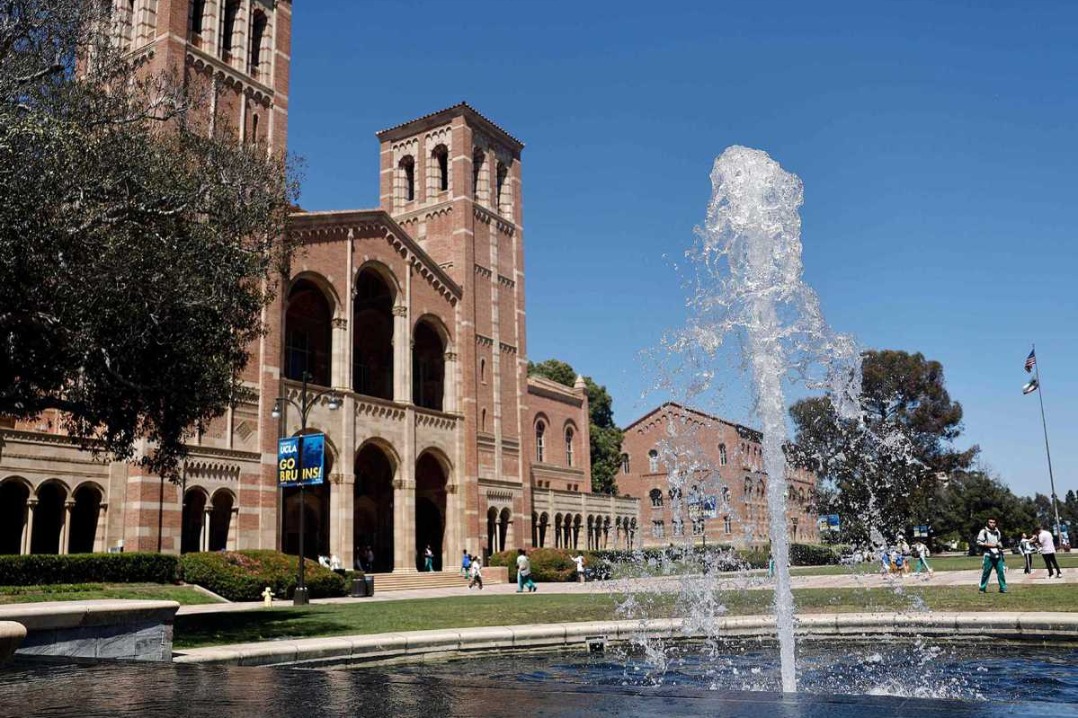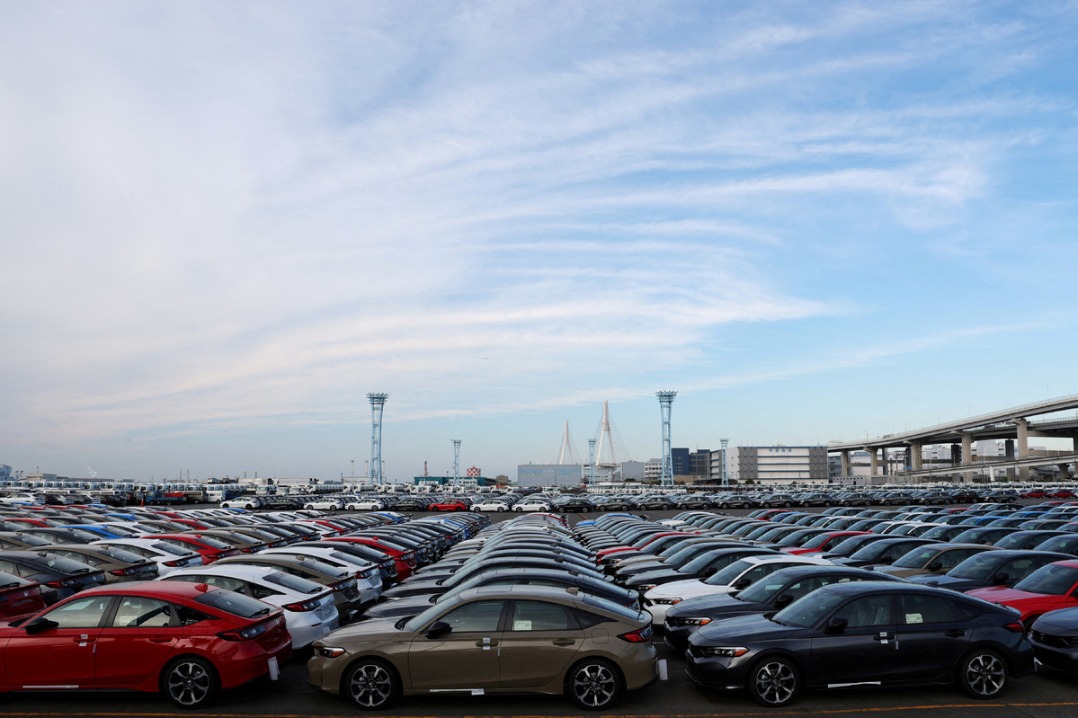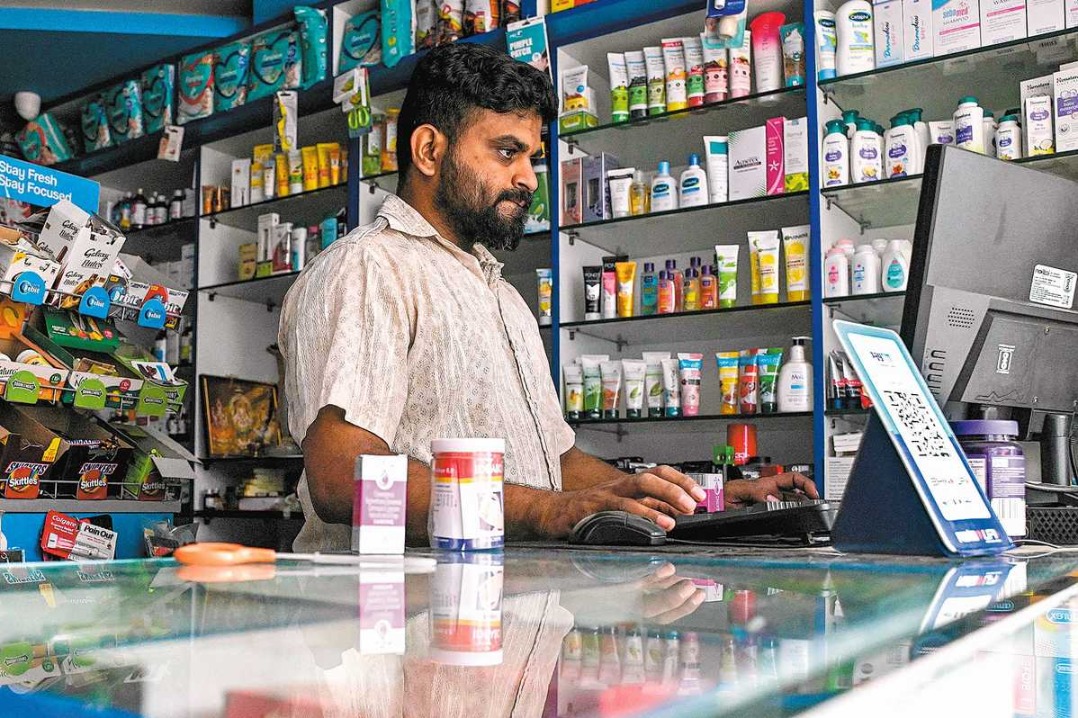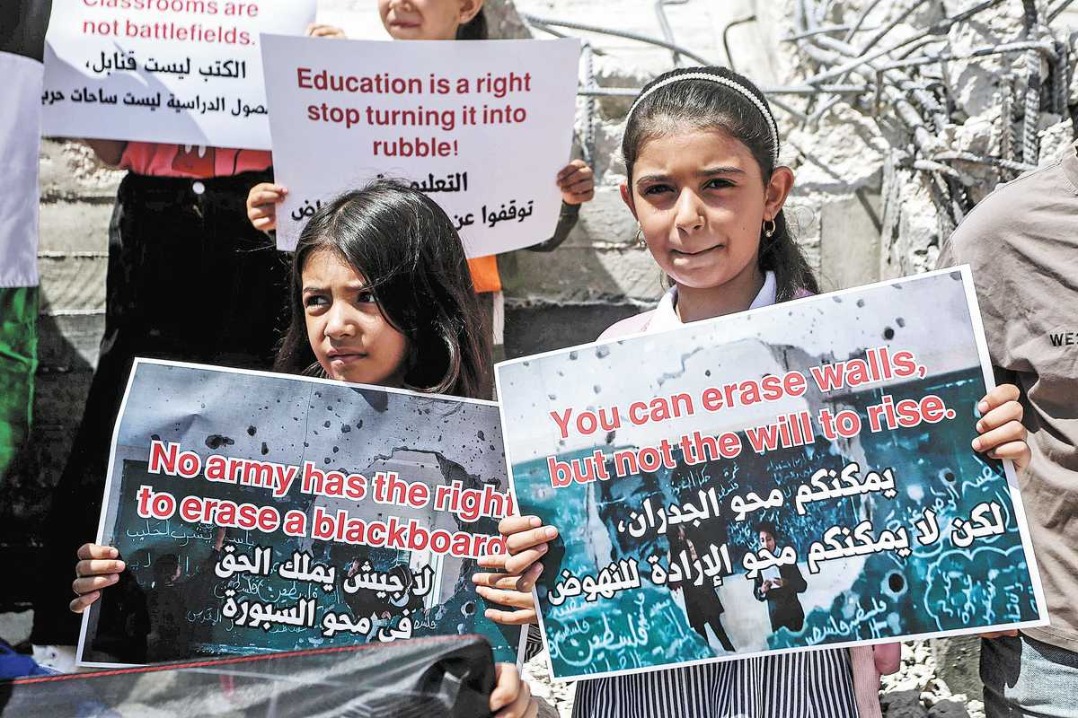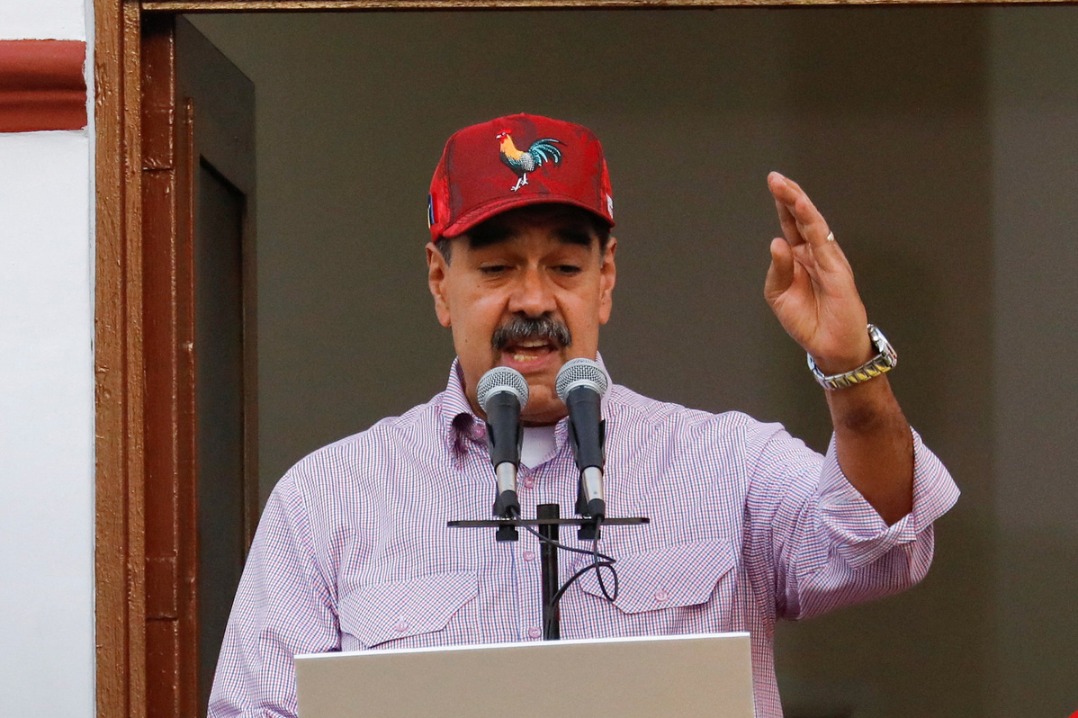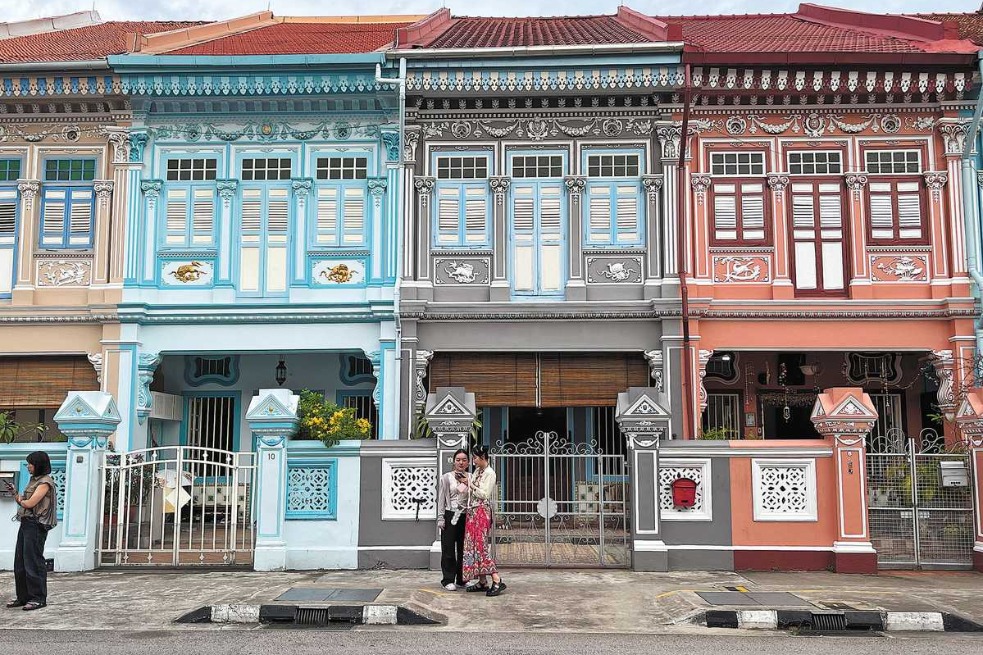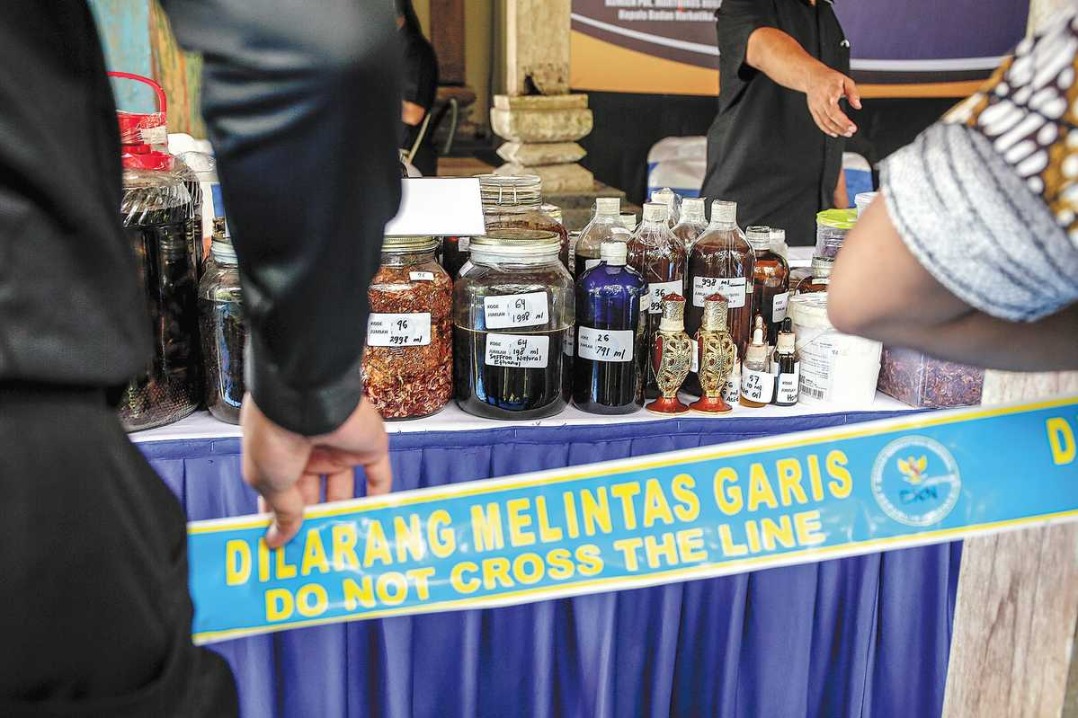Japan's PM ties auto tax to tariff talks

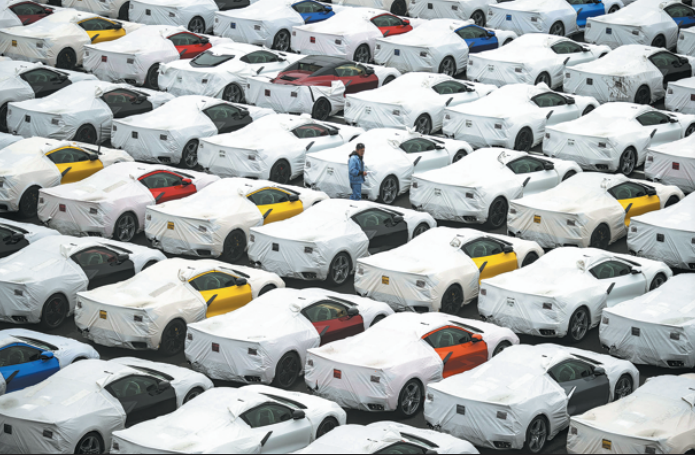
Japanese Prime Minister Shigeru Ishiba on Monday rejected the possibility of reaching a preliminary agreement with the Trump administration that would address tariff measures excluding automobiles.
"We cannot accept such a thing. Japan's policy is clear," Ishiba said in response to a question from Kensuke Onishi, a lawmaker from the main opposition Constitutional Democratic Party of Japan, during a session of the Budget Committee of the House of Representatives.
The United States has expressed reluctance to negotiate the additional 25 percent tariffs on imports of automobiles, steel and aluminum. Ryosei Akazawa, Japan's chief tariff negotiator, reiterated Tokyo's position, stating, "Our stance remains unchanged — we have conveyed that all sector-specific tariffs, including those on automobiles, as well as reciprocal tariffs, are regrettable, and we are requesting a review."
Speaking about the US tariff measures, Ishiba reiterated the view that Japan is facing a "national crisis", stressing that both the business community and the labor sector have voiced distinct concerns.
"We will take all possible measures in the negotiations while gathering various domestic opinions," he said, adding that the government will implement additional measures without hesitation, if necessary.
His remarks echoed comments made on Sunday during his appearance on a Fuji Television program, where he emphasized that Japan's call for the elimination of automobile tariffs remains unchanged. He also noted that Japan differs from the United Kingdom in terms of trade and investment relationships with the US.
"The real focus of the current negotiations is how much investment and job creation can be brought to the United States. That is the core issue," Ishiba said. "Compared to Japan, the UK has neither invested as heavily in the US nor generated as many jobs. So just because the UK did something doesn't mean Japan will follow suit."
He also warned of the economic consequences of high US tariffs, stating, "If tariffs remain high, American cars will become more expensive. … For the sake of the US economy as well, shouldn't those tariffs be lowered?"
Responding to US claims that Japan's automotive safety standards constitute a nontariff barrier, Ishiba defended Japan's regulatory framework. "Each country has its own road and traffic conditions, and prioritizing public safety is the same in both the US and Japan," he said. "We will not compromise the safety of the Japanese people simply to follow what the US says."
During his appearance on Fuji Television, Ishiba was asked whether Japan would consider extending the negotiation deadline, given the impending expiration of the US 90-day tariff suspension in July. He responded, "The arrival of a deadline does not mean we are bound to accept an unreasonable or disadvantageous compromise. We must persist in our efforts until we can clearly demonstrate that Japan's national interests are secured."
Separately, the Ministry of Foreign Affairs of Japan announced on Monday that Ngozi Okonjo-Iweala, director-general of the World Trade Organization, will make an official working visit to Japan from Monday to Wednesday.
The ministry said the visit is expected to further strengthen Japan's cooperation with the WTO toward maintaining and reinforcing the multilateral trading system, including advancing the WTO reform.
Contact the writers at jiangxueqing@chinadaily.com.cn
















